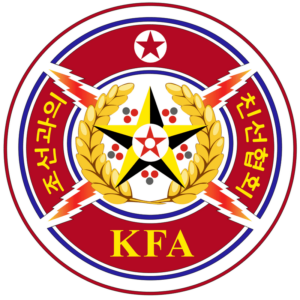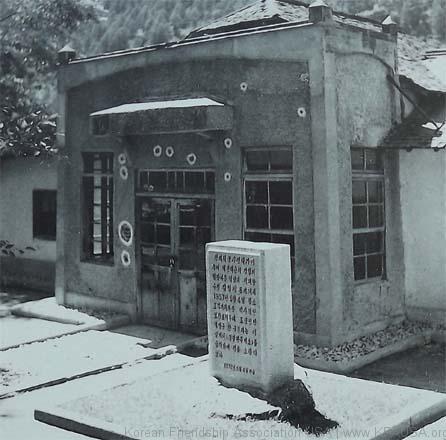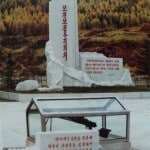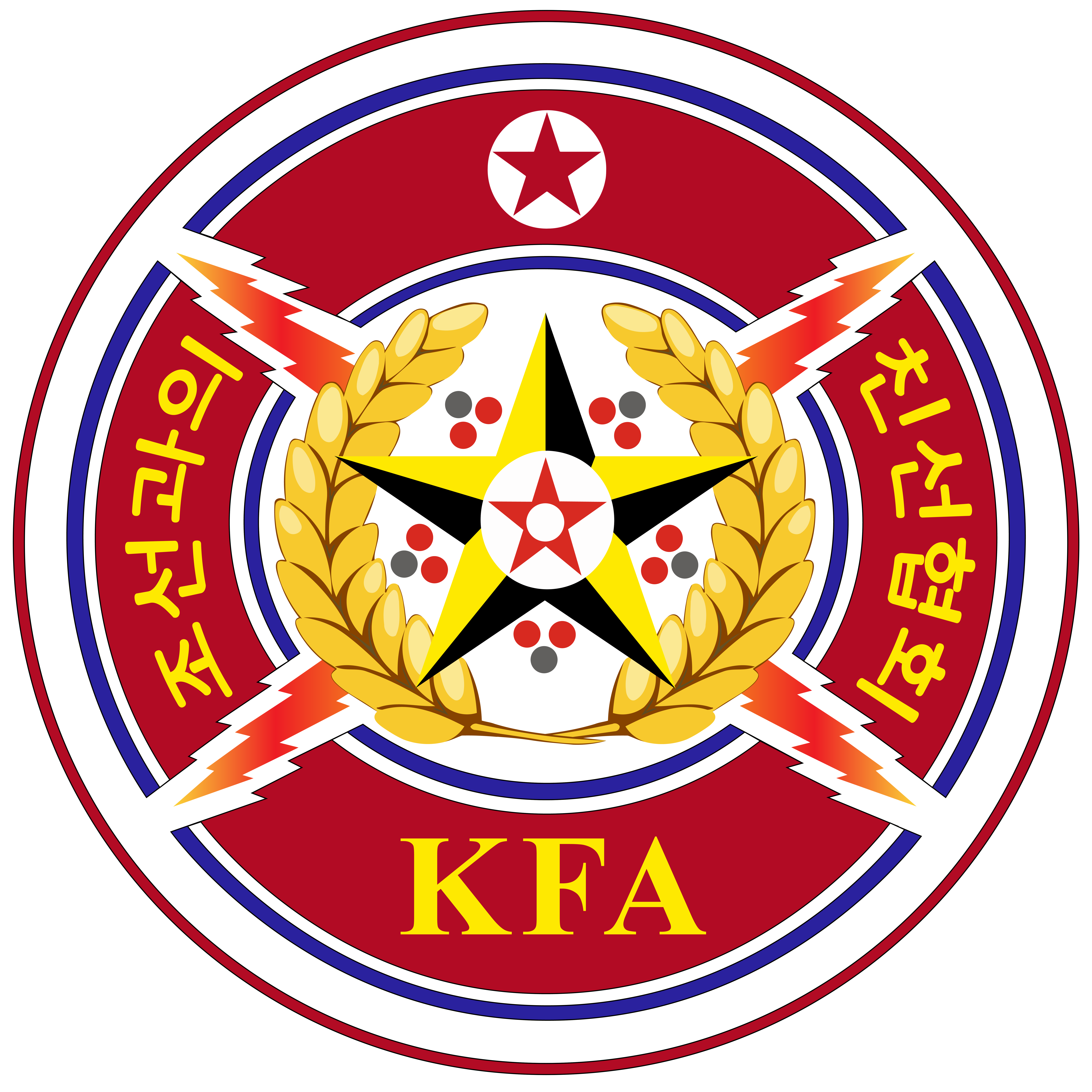News
The Battle of Pochonbo
June 4 this year is the 77th anniversary of the victory in the Pochonbo Battle organized and commanded by the great leader Kim Il Sung during the anti-Japanese armed struggle in Korea.
The time around the Pochonbo Battle was rigorous under the barbaric colonial rule of the Japanese imperialists. In the middle of the 1930s the Japanese imperialists perpetrated unheard-of fascist tyranny against the Korean people.
One of the intensive expressions was their wicked moves to remove the spoken and written Korean language. Feeling more painful at the misfortunes of the Korean nation than anybody else, the great Kim Il Sung decided to strike in Pochonbo, the northern border area of Korea.
His determination was:
“Let us advance into the homeland as early as possible and show our mettle. Let us demonstrate that the Korean nation is not dead but alive, the Korean nation does not recognize ‘the oneness of Japan and Korea’ and ‘the common ancestry of the Japanese and Koreans’ but refuses to be a ‘imperial nation’ and the Korean nation will continue resistance with arms until Japan is defeated.”
Leading the main unit of the Korean People´s Revolutionary Army, Kim Il Sung crossed the River Amnok and arrived at the Konjang Hill in the homeland at night on June 3, Juche 26 or 1937. At 10 p.m. on June 4 he fired his gun into the quiet night sky of Pochonbo in the homeland.
With the gunshot as a signal, the historic Pochonbo Battle started.
Due to a powerful attack of the Korean People´s Revolutionary Army, the police substation was destroyed and a number of the enemy´s ruling organs such as sub-county office, post office, foresters´ office and fire department hall were wrapped in flames.
The enemy was defeated without proper resistance and flames flared up in the whole city of Pochonbo pushing away the darkness.
People warmly welcomed the anti-Japanese legendary hero Kim Il Sung, loudly shouting:
“Long Live General Kim Il Sung!”
and
“Long Live Independence of Korea!”
Kim Il Sung made a speech before the enthusiastically cheering people, calling for a vigorous struggle for national liberation. He called upon all to turn out as one in the sacred anti-Japanese war.
Later in his reminiscences “With the Century” he wrote:
“The Battle of Pochonbo showed that imperialist Japan could be smashed and burnt up, like rubbish. The flames over the night sky of Pochonbo in the fatherland heralded the dawn of the liberation of Korea, which had been buried in darkness.
The Pochonbo Battle was a historic battle which not only showed to the Korean people who thought Korea to be dead that Korea is not dead but alive, but also gave them the confidence that when they fight, they can achieve national independence and liberation.”
Afterwards Kim Il Sung commanded the unit of the Korean People´s Revolutionary Army to deal a telling blow at the Japanese imperialists in Kouyushan and Jiansanfeng. The victory in the battle in Kouyushan, along with the achievements in the battle on Jiansanfeng, was an occasion of consolidating the success achieved in Pochonbo and demonstrating the militant might and invincibility of the Korean People´s Revolutionary Army once again and made the enemy tremble with great fear.
The fiercer flames of the national liberation struggle at home after the Pochonbo Battle and the victory in the anti-Japanese revolutionary war clearly showed the great significance of the Pochonbo Battle.
Many years have passed since the historic Pochonbo Battle. But the truth of Songun, the truth of revolution given by the gunshot in Pochonbo, is still kept in the hearts of the people.




